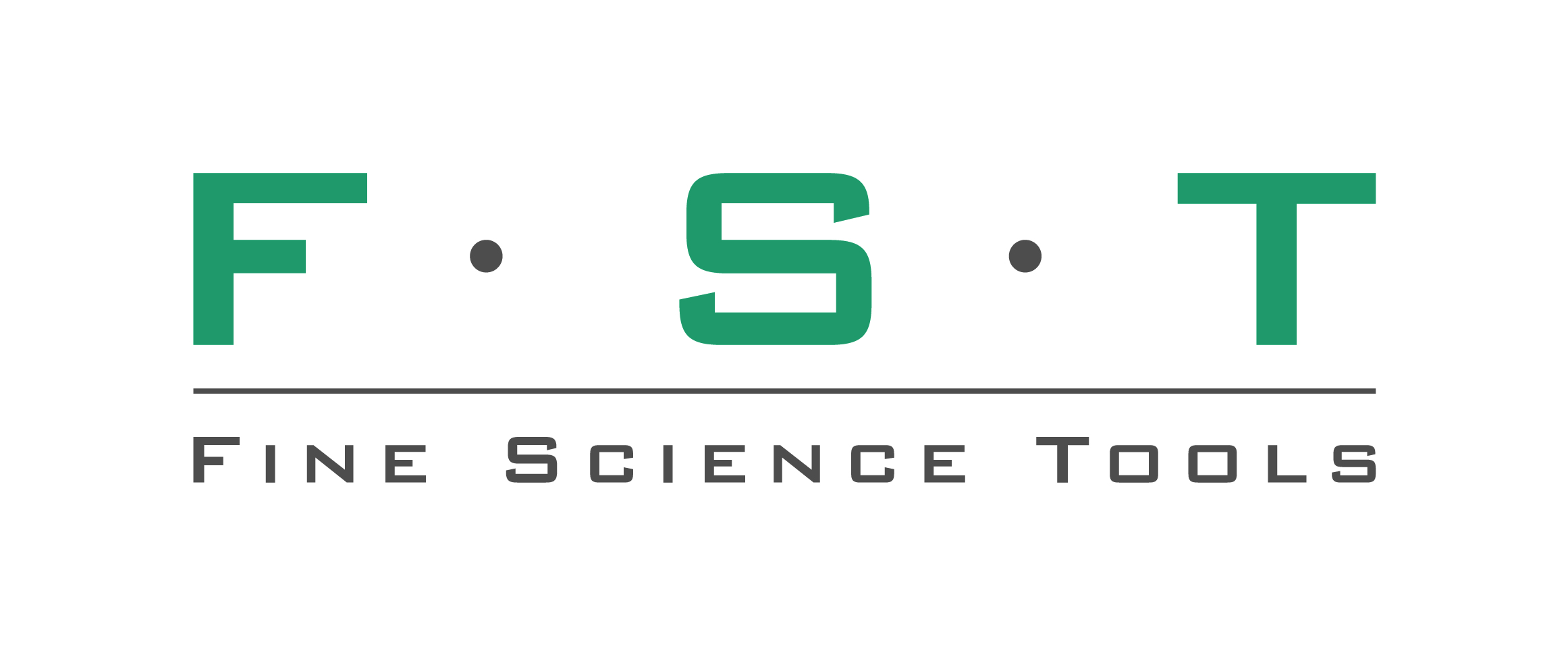Speakers
-

Susan Ackerman, Ph.D.
Distinguished Professor
University of California San Diego
-

Stylianos Antonarakis, M.D., DSc
Professor and Chairman of Genetic Medicine
University of Geneva Medical School
-
Daniel Bauer, M.D., Ph.D.
Assistant Professor, Principal Faculty
Harvard Medical School, Harvard Stem Cell Institute
-
Mike Beer, Ph.D., M.A
Professor of Biomedical Engineering
John Hopkins University School of Medicine
-
Hugo Bellen, D.V.M, Ph.D.
Professor
Baylor College of Medicine
-
Larry Brody, Ph.D.
Senior Investigator
National Human Genome Research Institute
-

Carol Bult, Ph.D.
Professor, Knowlton Family Chair
The Jackson Laboratory
-

Lon Cardon, Ph.D., FMedSci
President and CEO
The Jackson Laboratory
-

Aravinda Chakravarti, Ph.D.
Director, Center for Human Genetics and Genomics
NYU Langone Health
-

Elissa J. Chesler, Ph.D.
Professor, The Ann Watson Symington Chair in Addiction Research and Senior Director, Integrative Data Science
The Jackson Laboratory
-

Greg Cox, Ph.D.
Visiting Professor
The Jackson Laboratory
-
Nancy Cox, Ph.D.
Professor of Medicine
Vanderbilt Memory and Alzheimer's Center
-

Garry Cutting, M.D.
Professor of Genetic Medicine
Johns Hopkins Unviersity School of Medicine
-

Ralph DeBerardinis, M.D., Ph.D.
Chief, Division of Pediatric Genetics and Metabolism; Professor
UT Southwestern Medical Center
-

Mary Dickinson, Ph.D.
Executive Vice President and Chief Scientific Officer
The Jackson Laboratory
-

Harry (Hal) Dietz, M.D.
Director, William S. Smilow Center for Marfan Syndrome Research Institute of Genetic Medicine; Professor of Genetic Medicine
Johns Hopkins University School of Medicine
-

Kim Doheny, Ph.D.
Associate Professor of Genetic Medicine
John Hopkins College of Medicine
-

Beth Dumont, Ph.D.
Associate Professor
The Jackson Laboratory
-

Jill Fahrner, M.D, Ph.D.
Director, Epigenetics and Chromatin Clinic Associate Professor of Genetic Medicine
John Hopkins College of Medicine
-

Loyal Goff, Ph.D.
Assistant Professor, Genetic Medicine
Johns Hopkins University School of Medicine
-

Ada Hamosh, M.D., M.P.H.
Dr. Frank V. Sutland Professor of Pediatric Genetics; Professor of Genetic Medicine
Johns Hopkins University School of Medicine
-

Christian Happi, Ph.D.
Professor
African Center of Excellence for Genomics of Infectious Diseases (ACEGID) & Redeemer's University
-

Steven M. Holland, M.D.
Director, Division of Intramural Research; Chief Immunopathogenesis Section
National Institute of Allergy and Infectious Diseases, NIH
-
Mary-Claire King, Ph.D.
Faculty Cancer Genetics Human Molecular and Developmental Genetics Neurogenetics
University of Washington
-
Adrian Krainer
Professor
Cold Spring Harbor Laboratory
-

Robert Kuhn, Ph.D.
Associate Director, UCSC Genome Browser
UC Santa Cruz
-

Jeanne B. Lawrence, Ph.D.
Professor of Neurology and Pediatrics
University of Massachusetts Medical School
-

Charles Lee, PhD, DSc, FACMG
Scientific Director and Professor, The Jackson laboratory for Genomic Medicine, Robert Alvine Family Endowed Chair
The Jackson Laboratory
-

Cathleen (Cat) Lutz, Ph.D., M.B.A.
Vice President, Rare Disease Translational Center
The Jackson Laboratory
-

Debra Mathews, Ph.D., M.A.
Associate Professor, Genetic Medicine
Johns Hopkins University School of Medicine
-
Alice Matimba
Head of Training and Global Capacity
Wellcome Connecting Science
-

Andy McCallion, Ph.D.
Assistant Director, Human Genetics Graduate Program; Professor of Genetic Medicine
Johns Hopkins University School of Medicine
-

Karen Miga, Ph.D.
Assistant Research Scientist
University of California, Santa Cruz Genomics Institute
-

Steven Munger, Ph.D.
Associate Professor
The Jackson Laboratory
-

Anjené Musick
Director, Scientific Data Strategy, All of Us Research Program
National Institutes of Health
-

Greg Newby, Ph.D.
Postdoctoral Fellow
Broad Institute of MIT & Harvard
-
Luigi Notarangelo, M.D.
NIH Distinguished Investigator
National Institute of Allergy and Infectious Diseases, Division of Intramural Research
-

Robert Nussbaum, M.D.
Chief Medical Officer
Invitae
-

Anne O'Donnell-Luria, M.D., Ph.D.
Assistant Professor & Co-Director of the Center of Mendelian Genomics
Boston Children's Hospital, Harvard Medical School
-
Olopade Olufunmilayo, M.D.
Walter L. Palmer Distinguished Service Professor of Medicine Professor of Human Genetics Director, Center for Clinical Cancer Genetics and Global Health
The University of Chicago Pritzker School of Medicine
-

Rachel O'Neill, Ph.D.
Professor
Institute for Systems Genomics, UConn
-

John A. Phillips III, M.D.
Professor of Pediatrics and Director, Division of Medical Genetics
Vanderbilt University Medical Center
-

Jennifer Phillips-Cremins, Ph.D.
Associate Professor
University of Pennsylvania
-

Jennifer Puck, M.D.
Professor of Pediatrics
University of California, San Francisco
-

Heidi L Rehm, Ph.D.
Chief Genomics Officer
Massachusetts General Hospital and Broad Institute of MIT & Harvard
-

Devin Schweppe, Ph.D.
Assistant Professor of Genome Sciences
University of Washington
-

Gregg L Semenza, M.D., Ph.D.
Professor of Genetic Medicine
Johns Hopkins University School of Medicine
-

Nara Lygia de Macena Sobreira, M.D., Ph.D.
Assistant Professor of Genetic Medicine
Johns Hopkins University School of Medicine
-
Charlotte Sumner, M.D.
Professor of Neurology and Neuroscience
Johns Hopkins School of Medicine
-

Michael Talkowski, Ph.D.
Associate Professor
Harvard Medical School
-

Sarah Tishkoff, Ph.D.
Professor
University of Pennsylvania, Perelman School of Medicine
-

David Valle, M.D.
Professor of Genetic Medicine and Director, Institute of Genetic Medicine
Johns Hopkins University School of Medicine
-

Ignatia Van den Veyver, M.D.
Professor
Baylor College of Medicine
-

Victor Velculescu, M.D., Ph.D.
Professor of Oncology, Pathology and Medicine; Co-Director of Cancer Genetics and Epigenetics; Associate Cancer Center Director for Precision Medicine
Johns Hopkins University School of Medicine
-

Hilary Vernon, M.D., Ph.D.
Associate Professor of Medical Genetics
Johns Hopkins University School of Medicine
-

Richard M. Weinshilboum, M.D.
Professor of Pharmacology and Medicine
Mayo Clinic
-
Louise Wilkins-Haug, M.D., M.P.H.
Professor of Obstetrics, Gynecology and Reproductive Biology
Brigham and Women's Hospital, Harvard Medical School
-

Ambroise Wonkam, M.D., D.Med.Sci, Ph.D.
Director, McKusick-Nathans Institute, and Department of Genetic Medicine, Professor of Genetic Medicine; Professor of Medical Genetics, Director of GeneMAP
Johns Hopkins University; University of Cape Town




